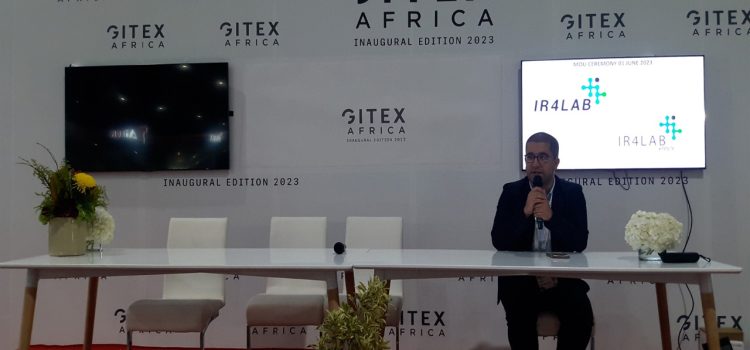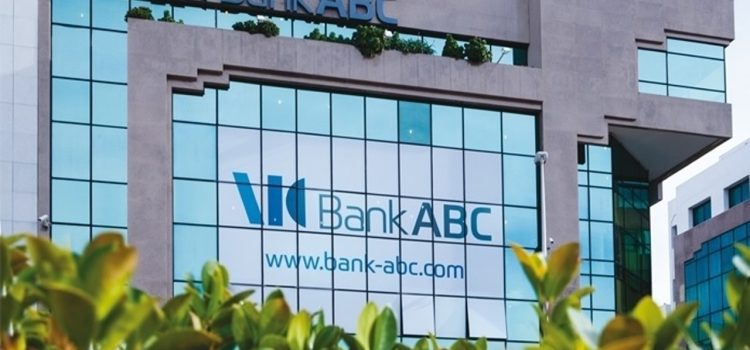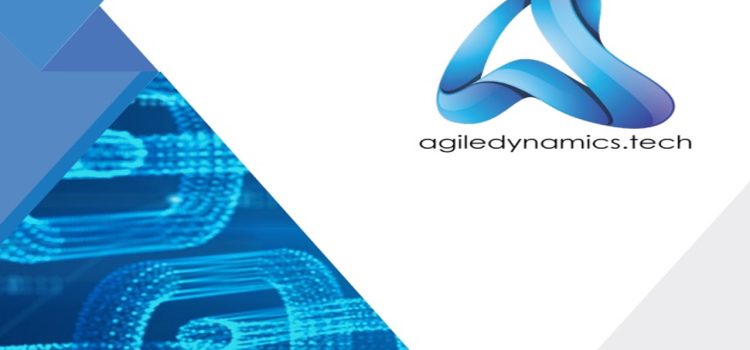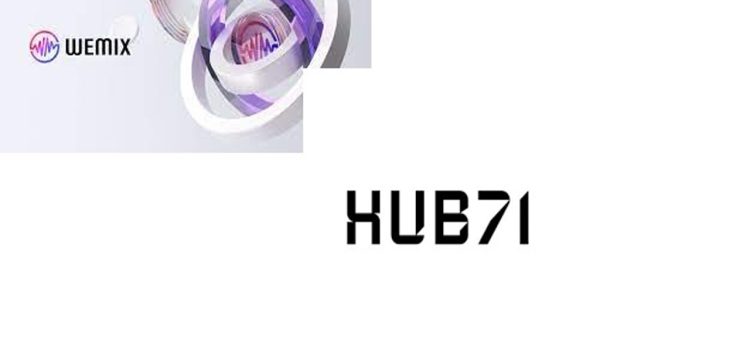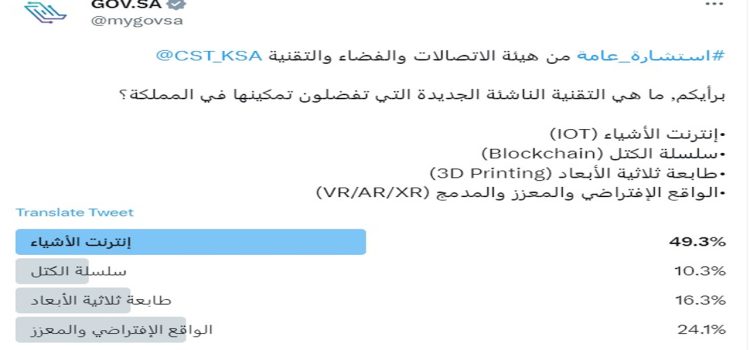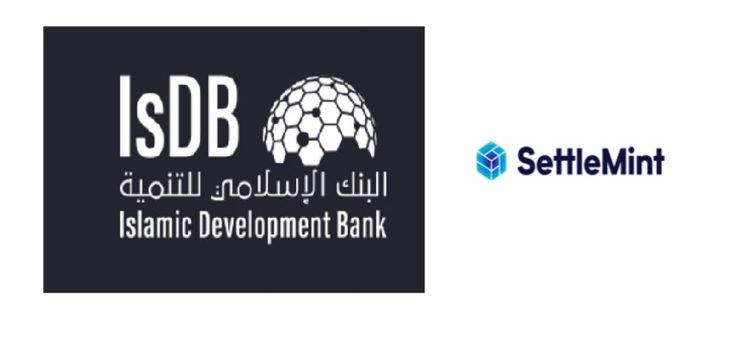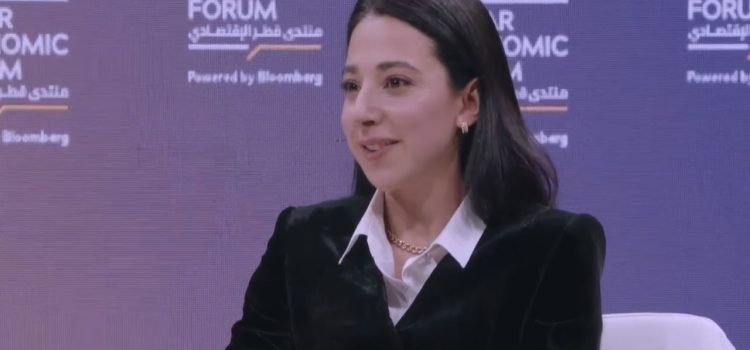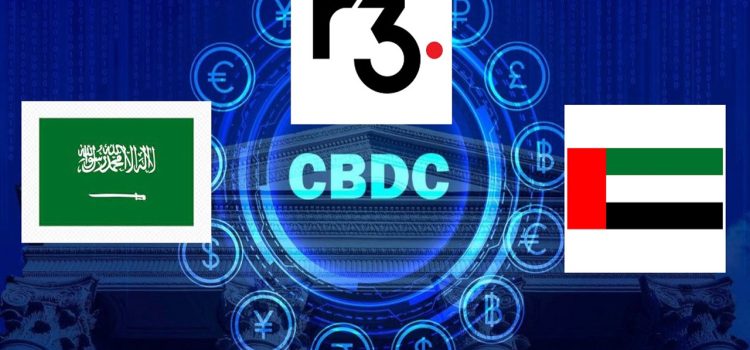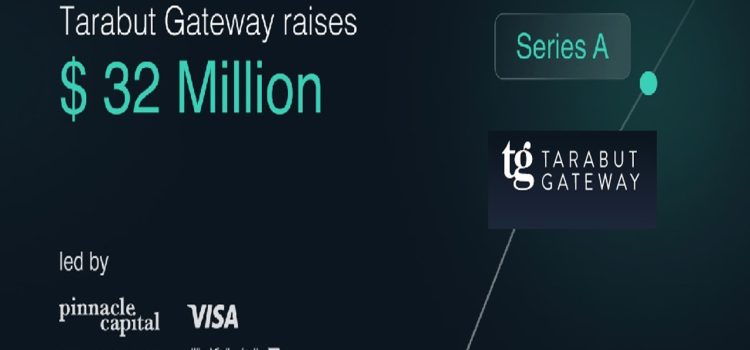
During Gitex Africa, held in Morocco from 31 May – 2 June 2023, IR4LAB, a Saudi-based company specialized in disruptive technologies such as Blockchain and Artificial Intelligence., announced that it would be expanding its operations into Africa. The announcement was made during Gitex Africa.
The expansion is part of IR4LAB’s commitment to the African continent and their aim to spur innovation in deep technologies and implement use cases utilizing IR4LAB’s Blockchain solution, DocCerts as well as other solutions offered.
Mohamed El Kandri, CTO and Co-Founder of IR4LAB, who made the announcement at the event, stated, “We are happy to be expanding into the African market. We believe that Africa’s digital economy will grow and we want to be part of this growth in innovation and digitization, but also building local capabilities right from Morocco to Africa”.
According to Mckinsey & Company, Africa’ digital economy should top $712 billion by 2050 fostered by its youthful population, smartphone adoption, and internet penetration.
Majd AL AFIFI, CEO and Co-Founder of IR4LAB adds, “More and more blockchain entities are setting up base in Africa, but we are glad that IR4LAB will be the first from Saudi Arabia to do so with the support of our leadership”.
This was not their first participation in Africa. In March at the first World Maintenance Summit 2023, held between 11th-12th May at King Mohamed 6 University in Marrakech (Morocco), organized by Morocco’s largest group OCP and its subsidiary OCP MS, IR4LAB presented on the use of Blockchain in industrial maintenance in general and specifically in industrial inspection.
At the event El Kandri highlighted the role that Blockchain could play in maintenance 4.0 and the benefits of using Blockchain in industrial inspection, he has also provided real life examples from IR4LAB’s current projects.
Prior to this During Saudi’s leading tech event LEAP 2023, held between February 7th-9th in Riyadh KSA, IR4LAB and SGS (Saudi Ground Services), jointly announced the implementation of DocCerts Blockchain management solution for all training related digital documents and ground service equipment licenses issued by SGS at 28 Saudi Arabian airports where SGS provides ground services.
IR4LAB, also recently was accepted into the Ministry of Communications Information Technology tech champions accelerator program powered by Silicon Valley’s Plug and play. Plug and Play was an early investor in Google, PayPal, Dropbox, LendingClub, N26, Soundhound, Honey, Kustomer, and Guardant Health.








